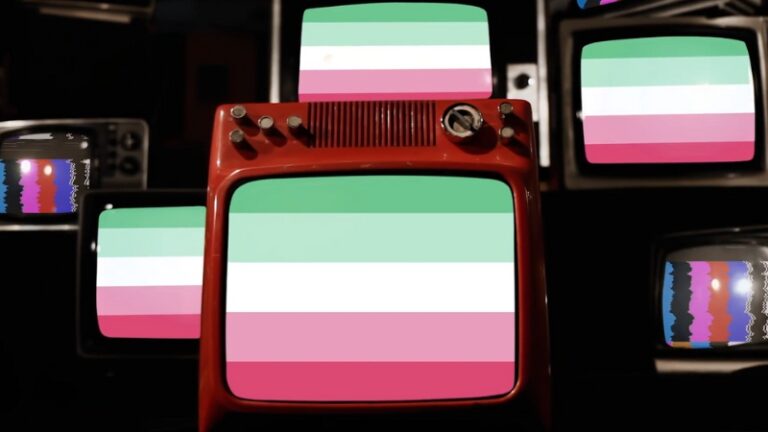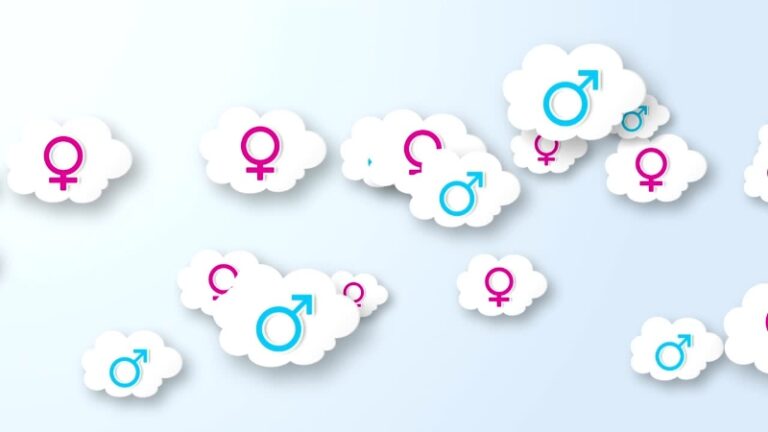What Does It Mean to Be Bigender? Identity, Pride Flag & Meaning Explained
Being bigender means identifying with two genders, either at the same time or shifting between them. Those genders can be male and female, but they can also include nonbinary identities such as agender, demigirl, demiboy, genderfluid, or another combination. The concrete reality is that bigender people experience gender as something dual, not fixed in one … Read more









